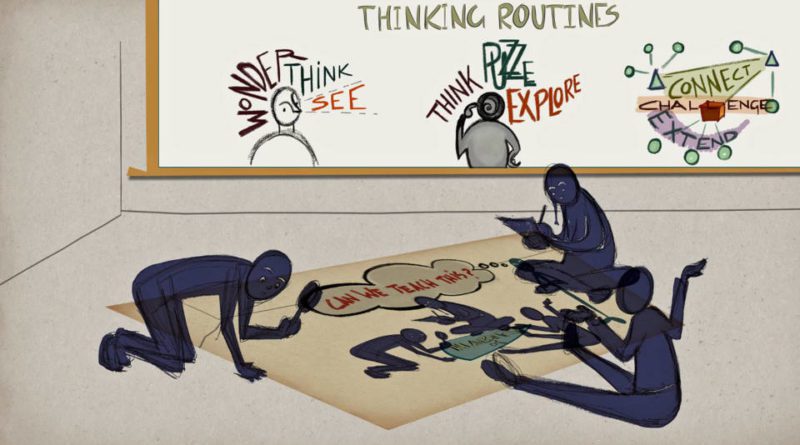Student Research Shows Learning to Fail Benefits
[Please note that this page contains affiliate links. If you choose to purchase after clicking a link, I may receive a commission at no extra cost to you.]
For decades, teachers have taught in an explanatory model of a new concept, allowing the students to practice.
Think of a math class: the teacher presents a new idea, followed by some example questions on the board, then asks students to try similar problems independently.
Newer student research shows that this old school pattern isn’t the most effective teaching method. A systematic review published in the journal Review of Educational Research presented a much better system: allowing students to tackle a new problem first, then explain the foundation concept.
Student Research to Learn to Fail
Manu Kapur, education student researcher and review author, explains this strategy is named “productive failure.” Nevertheless, this research could be the key to properly teaching STEM (science, technology, engineering, and math) concepts in school.
The review was composed of Kapur and postdoc scientist Tanmay Sinha, who helped analyze 53 math and science students’ studies in Europe, Asia, and North America.
New Study Shows New Learning Skills
The study involved students from the second grade to postgraduates, although most students were 12 to 18. The study’s findings show that telling students to problem-solve first is two to three times more practical for a learning skill than providing the instruction first.
Sinha and Kapur said that “productive failure” must have a specific circumstance. The first is that students must have a need that is enough background knowledge to try the initial problem. The difficulties at first are meant to be challenging but not impossible. This model works best when students are in small groups to help each other figure out the answers.
Studies show that when the students figure out their knowledge when figuring out the initial problem, it helps form an interest in learning. This allows the students to learn the new concept as the teacher explains it.
Productive Failure
To help test this further “productive failure,” Kapur’s student research team realized the theory, which began in a university-level algebra course at ETH Zurich, a public university in Switzerland.
The course utilizes a standard learning process regularly through lecturing, followed by various practice exercises. However, for the ongoing study, the research team allowed students the option to solve some problems before the class lectures.
The initial data shows that students who did the extra work were at least 20% more likely to pass their class and had much higher grades than those who didn’t complete the extra work.


